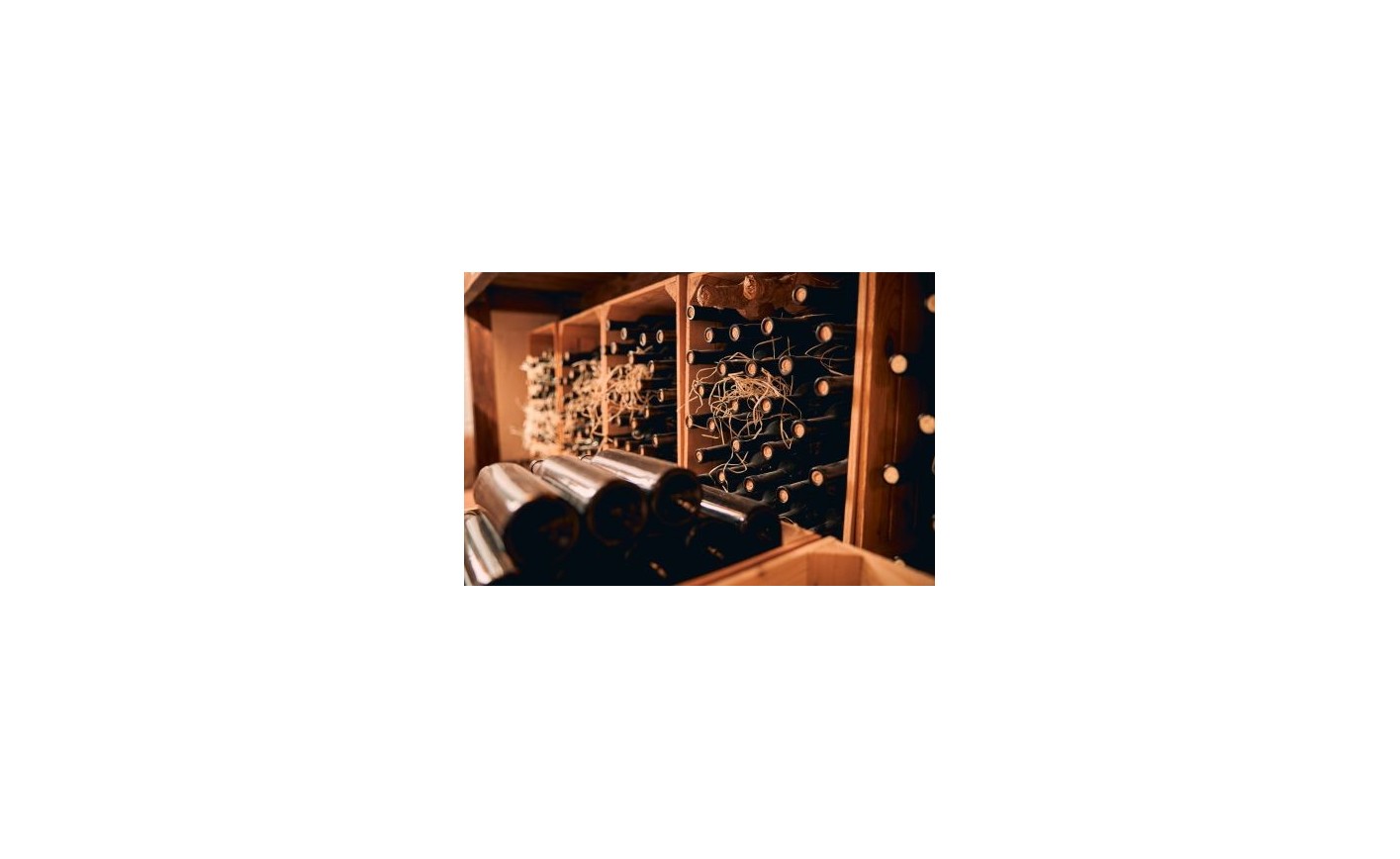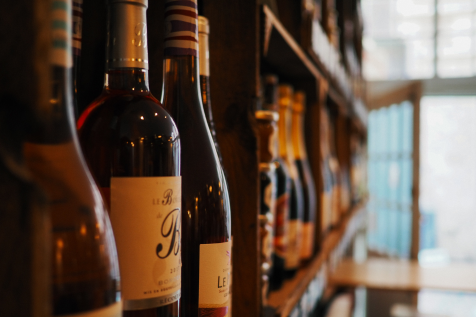WHAT MAKES A WINE EXPENSIVE?
08/14/2024 09:53:58
Home

The price of a wine can be influenced by various factors, many of which go beyond just the taste and quality. Here are the main reasons why a wine might be expensive:
1. Vineyard Location
- Wine Region: Vineyards in prestigious and renowned wine regions (like Bordeaux, Burgundy, or Napa Valley) often have higher land costs, which in turn increases the value of the wine produced there.
- Climate and Soil: Specific terroirs, or the combination of climate, soil, and topography ideal for viticulture, can produce high-quality grapes, driving up the wine's price.
2. Production Methods
- Limited Production: Wines produced in small quantities are often more expensive due to their exclusivity.
- Artisanal Techniques: Traditional and artisanal production methods, such as hand harvesting or aging in oak barrels, are more time-consuming and costly, contributing to a higher price.
- Aging: Wines that require long aging periods, either in barrels or bottles, have higher storage costs, which are reflected in the final price.

3. Grape Variety
- Certain grape varieties are harder to grow or yield lower quantities, making the wine more expensive. For example, Pinot Noir is known for being a delicate and difficult grape to work with, which can raise the cost of wines made from it.
4. Reputation and Brand
- History and Tradition: Wines from wineries with a long history and reputation, especially those that have consistently maintained high quality over time, tend to be more expensive.
- Prestige: Wines that have won awards, received high ratings from renowned critics, or are produced by famous winemakers can be sold at premium prices due to their reputation.
5. Aging Potential
- Wines that have aged for many years, particularly under good conditions, can be very valuable. The time and cost of storage increase the value, and older wines are also rarer, further driving up their price.

6. Market Demand
- If a particular wine is in high demand and the supply is limited, the price will rise. This is common with iconic wines that have a loyal following or those that become popular due to market trends.
7. Distribution and Taxes
- Costs associated with distribution, marketing, and taxes, especially for imported wines, can significantly increase the final price for the consumer.
8. Exclusivity and Limited Editions
- Wines produced in very limited quantities, often referred to as "limited editions," can be significantly more expensive due to their rarity and exclusivity.
9. Marketing and Branding
- Some wineries invest heavily in marketing, luxury packaging, and branding strategies to position the wine as a high-end product, which is reflected in the price.

In summary, the high cost of a wine is usually a combination of its intrinsic quality, the prestige of the winery, the exclusivity of the product, and market perceptions of its value.


